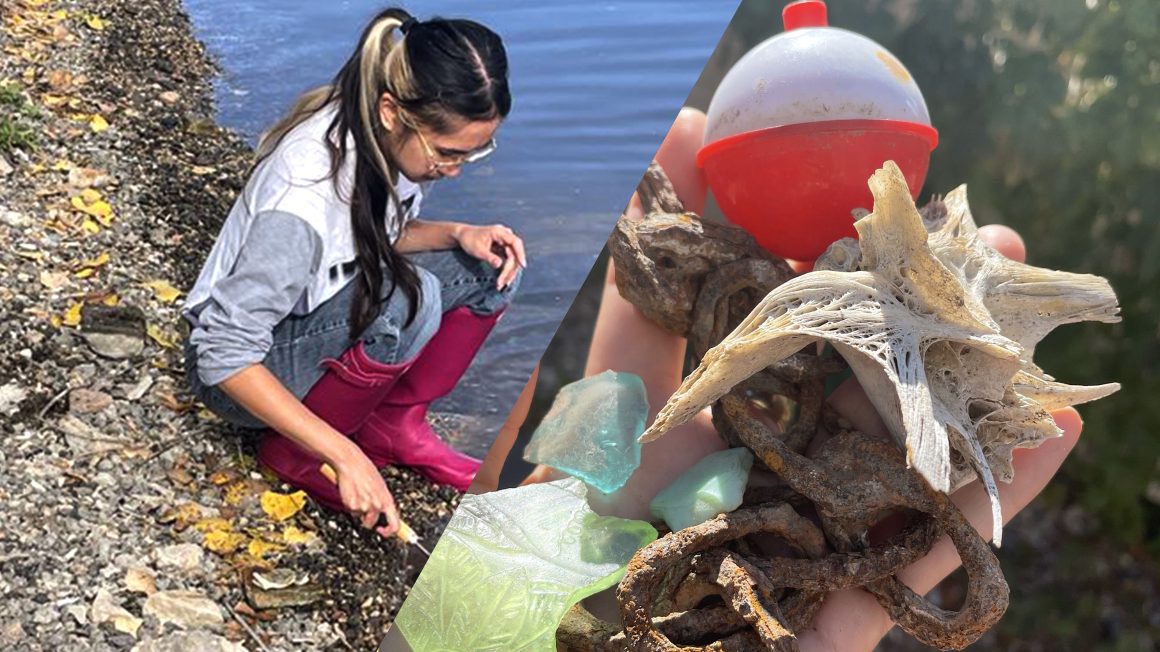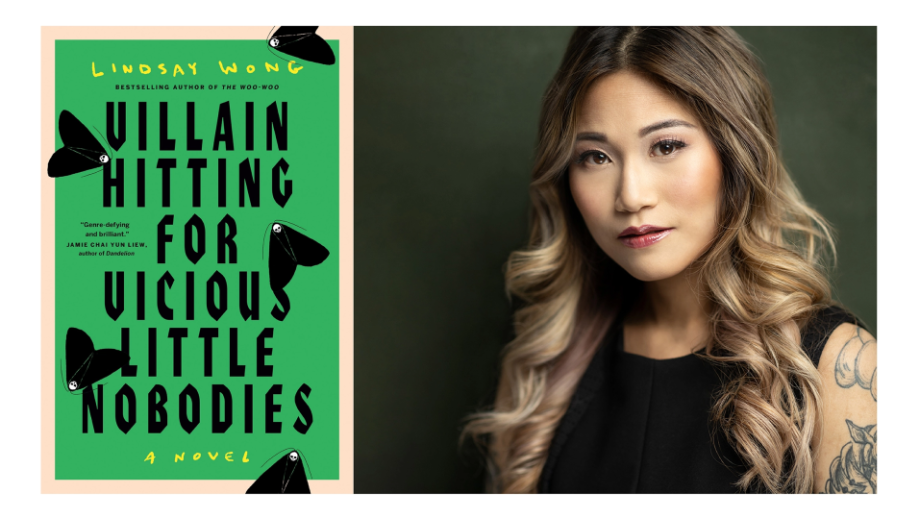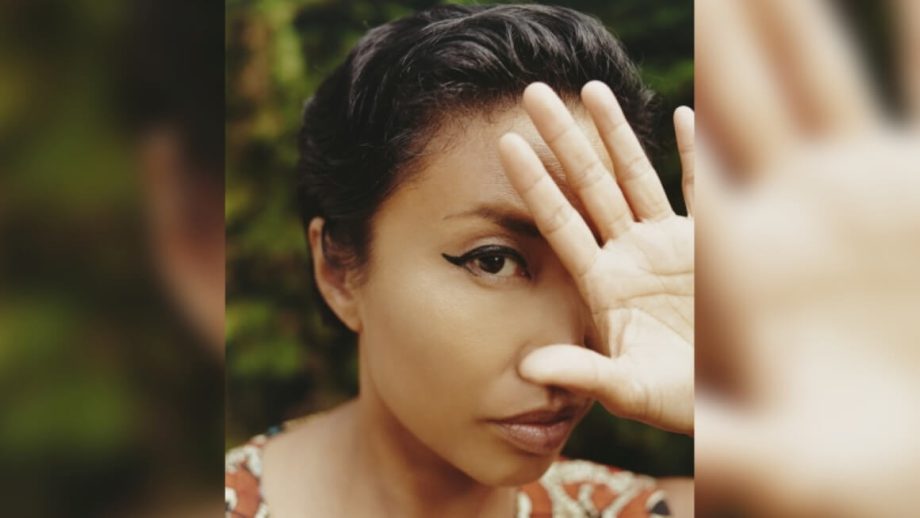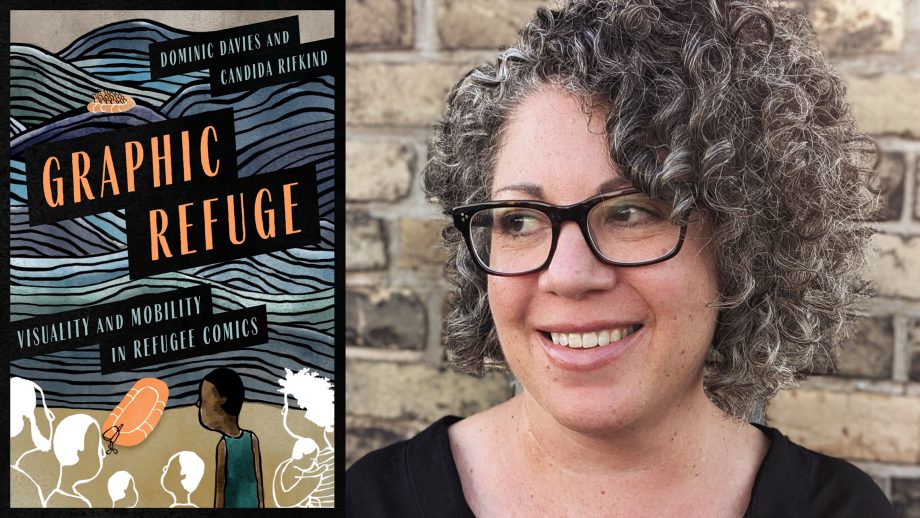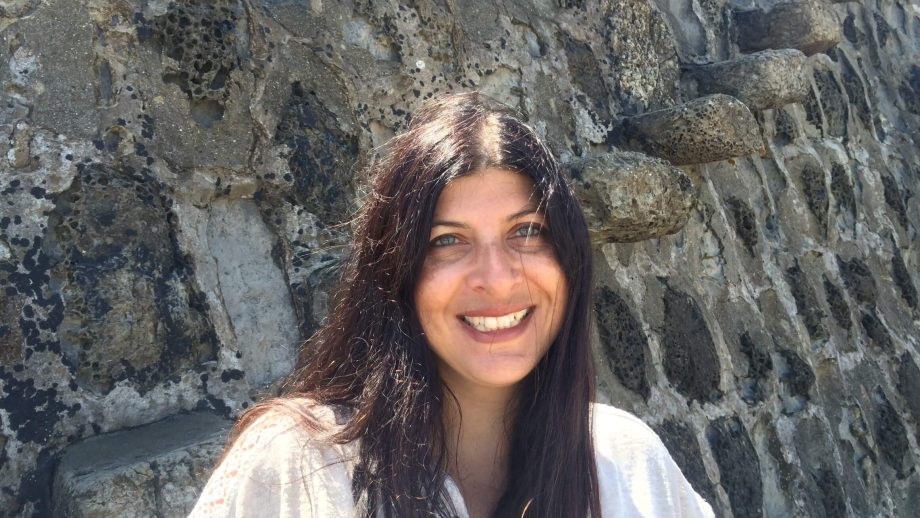Writing the City* – a writing course with a human geography twist – had students from across disciplines exploring the city they reside in.
Humanistic geography and social justice investigate belonging, representations, freedom, decision-making, imagination, symbols, and commitment while advocating for human quality and subjectivity.
Ashwinder Saran
Led by Assistant Professor Dr. Sandy Pool of the Department of English, this joint undergraduate honours course, which is combined with the Master of Arts in Cultural Studies, encourages students to experience Winnipeg through the eyes of artists, activists, and cultural leaders.
“The purpose of taking learning to the streets is to introduce students to new understandings of human geography, art, and architecture, and partake in a social-justice-oriented performance of ‘placemaking’ in the city,” said Pool. “The students went on a variety of different themed walks – everything from mudlarking walks to mushroom walks, along with queer tours of museums and archives.”
By the end of the course, students created their own city-based art initiatives so they can participate in the process of change in the UWinnipeg community and beyond.
“Overall, my goal is for students to learn about how activist art can be a force for positive social change in the City of Winnipeg,” said Pool.
Ashwinder Saran, who is in her second year at UWinnipeg, enjoyed the mudlarking. She realized that collecting items from the river bank and learning the history connected her to the river and ‘place.’
Saran found participatory learning empowering and inspiring.
“This connection then encourages students to engage with the place in a more sustainable and respectful way,” shared Saran.
Her project, Making Winnipeg Friendlier Through Diverse Signage Language, is a social justice art project that will help empower immigrants by making street signs more inclusive.
Master of Arts in Cultural Studies’ student Taylor Boucher’s project was inspired by the 689 Maryland community fridge. Similar to the fridge, Boucher wanted to build a sense of community. Boucher created the McIvor Loop Box at the McIvor Loop bus stop in Bunn’s Creek. The community box contains donated scarves, mittens, single use hand warmers and disposable masks for commuters in need. The idea is that others will continue to bring similar donations to the box for communal use.
After a couple weeks of monitoring and replenishing the box she noticed that other people were donating items too. Boucher attributes the course, and better understanding human geography to inspiring her to creating a positive change in her community.
“Dr. Pool’s course showed me that anyone is capable of giving meaning to the places they go and the places they visit,” said Boucher “This bus stop which was once an anonymous place in the neighbourhood now has its own distinct feel. It is now a mini hub of community-oriented philanthropy.”
Boucher’s fellow graduate student and class member Wendy Ufuoma Alakpodia, also finds sense of place a vital aspect of humanistic geography. She learned that every human being occupies and utilizes space, which is not only a confined area in its literal sense, but a place where one develops a strong sense of spirited bonding.
Her Murals in Winnipeg project invited residents of Winnipeg to identify murals around the city and define a social justice cause surrounding each mural.
“Humanistic geography and social justice investigate belonging, representations, freedom, decision-making, imagination, symbols, and commitment while advocating for human quality and subjectivity,” said Ufuoma Alakpodia. “In other words, the purpose of humanistic geography, without being biased, is to analyze the existing space occupied by humans and the ways we define our relationship to these spaces. In essence, we are all human geographers.”
*GENG-7740-001 Topics In Local, National and Global Culture: Writing The City, cross listed with ENGL 4710-001 Canadian Literature and Culture: Writing The City

